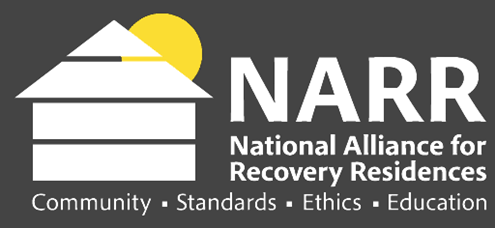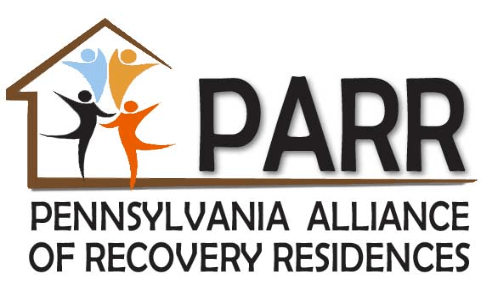Once you get sober, oftentimes a secondary addiction or issue comes into play. Many women turn to men as a way to defocus…
Most women who complete an inpatient treatment program, will be recommended to transition into a gender specific sober living home. Sober living environments allow women to successfully transition back into everyday living and learn to cope with day-to-day circumstances without the use of drugs and alcohol. Women are provided the opportunity to continue to improve their lives and learn new skills in recovery in a gender-specific environment.
Women begin to form solid sober support systems, including those they live with. It is suggested that women form these relationships comprised predominantly of other women. Many newly sober women find socializing with other women to be uncomfortable. Over time, they find they have built friendships that last for years to come. When women surround themselves with men, they are more liable to focus on their physical appearance, potential sexual relationships, and unhealthy validation seeking, making self-healing and personal growth more difficult.
Women who suffered childhood trauma and/or trauma resulting from the lifestyle of addiction must address this to be successful in sobriety. It can be difficult to work through the pain of addiction and the underlying issues that contributed to it in a mixed-gender environment.
Women’s sober living homes offer a safe space for women to heal, rebuild their self-esteem, and begin the work necessary to recover. In addition to making it easier for individuals to process sensitive events or emotions, gender-specific environments offer opportunities to bond with sober supports, make friends, and work on self-image and self-esteem with fewer distractions or pressure.
So, what does a typical stay at a women’s sober living facility look like? These places exist to support women during their early recovery. Most homes are structured like a single-family residence with all the amenities of independent living. Staff is regularly available to help assist with most aspects of life in early recovery. A sober living home may require residents to hold a regular job, attend twelve-step meetings and work with a sponsor, do chores, and learn basic life skills, such as cleaning up after themselves.
Some programs offer transportation to outside meetings, help with case management, facilitate meditation, or offer life or sober coaching to their residents. They regularly test their residents for drugs and alcohol in order maintain a healthy, sober environment. The major benefit of women’s sober living is that it is an opportunity to spend your early recovery among a supportive group of peers and friends, in a safe and supervised environment that still allows for freedom in everyday life.
To learn more about women’s sober living homes, contact Junction House at 215-919-1558.
Welcome to Junction House • A Place for New Beginnings
At Junction House, we understand that the path to sobriety is different for everyone. For some, this may be their first or second attempt at recovery. For others, it may be their tenth or even more. It doesn’t matter how many times you have tried before. What matters is that you’re here now, looking for a change.
Some arrive filled with hope, eager for a fresh start. Others come feeling lost, uncertain, or even hopeless. That’s okay. Hope doesn’t have to come first, sometimes, it grows along the way. What truly matters is this: Are you willing to take a step forward? Are you open to a new experience and a different way of life?
If you are, you don’t have to do it alone. At Junction House, we provide guidance, support, and a structured path to help you rebuild and rediscover yourself. No matter where you’re starting from, we are here to walk this journey with you one step at a time.
A NEW beginning is possible. Are you ready to take the first step?
888.445.8628
JUNCTION HOUSE
888-445-8628 | 888-44-JUNCTION
WE ACCEPT ALL MAJOR CREDIT CARDS




